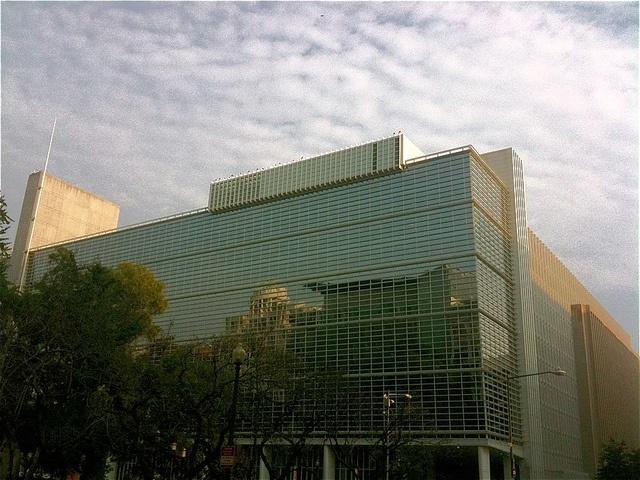
For a generation, dialogue on climate change between the world’s rich nations and developing countries have basically continued as such:
Rich countries: You really need to follow our example and do more about reducing greenhouse gas emissions, especially when considering the population of some nations in your group, including China, India, Brazil and Indonesia.
Poorer countries: Fine, but if you want to deny us the path to economic development that you all took, then help us pay for the climate change initiatives you want.
An initiative led by the World Bank is a step in that direction. The Transformative Carbon Asset Facility (TCAF), announced yesterday during the COP21 talks in Paris, will attempt to find new ways to create new greenhouse gas reduction programs in developing countries. Germany, Norway, Sweden and Switzerland are the first countries to fund what the World Bank aims to be a $500 million effort to reduce the risks of climate change. According to the World Bank, half of that amount has been pledged so far.
The World Bank says the TCAF will launch initiatives in areas including clean energy, sustainable transport, waste management, energy efficiency and low-carbon or smart cities that can help emerging economies reduce their carbon emissions. The TCAF could also compensate countries that remove fossil fuel subsidies or undergo reforms such as streamlining regulations covering clean-energy technologies.
The TCAF will be part and parcel of what the World Bank claims is a total of $2 billion committed to programs that will spur investment and loans that will help shift the world toward a more low-carbon economy. Led by its president, Jim Yong Kim, the World Bank is counting on the TCAF to bolster its argument that both the public and private sectors agree on a carbon-pricing mechanism that would cut emissions while inspiring more investment in clean technologies. As part of this effort, the World Bank also launched the Carbon Pricing Leadership Coalition, a multi-stakeholder group that seeks more effective carbon policies, at the Paris climate talks.
The World Bank’s recent actions mirror those of other international organizations that are taking a bolder stance on climate change. The International Monetary Fund’s managing director, Christine Lagarde, recently called for a carbon tax, and the International Energy Agency has called for more short-term action in order to nudge the world’s countries to develop plans to limit global warming to 2 degrees Celsius this century.
Meanwhile Pope Francis, who has already inspired (or infuriated) many with his 192 page encyclical on climate change, has kept beating the drum, urging negotiators to find a solution at COP21 in order to save a world “at the limits of suicide.”
With some of the stodgiest organizations on Earth, including the World Bank, seeking action, all eyes are on Paris for what will be either a landmark agreement or a blown opportunity.
Image credit: Flickr/anokarina

Leon Kaye has written for 3p since 2010 and become executive editor in 2018. His previous work includes writing for the Guardian as well as other online and print publications. In addition, he's worked in sales executive roles within technology and financial research companies, as well as for a public relations firm, for which he consulted with one of the globe’s leading sustainability initiatives. Currently living in Central California, he’s traveled to 70-plus countries and has lived and worked in South Korea, the United Arab Emirates and Uruguay.
Leon’s an alum of Fresno State, the University of Maryland, Baltimore County and the University of Southern California's Marshall Business School. He enjoys traveling abroad as well as exploring California’s Central Coast and the Sierra Nevadas.














